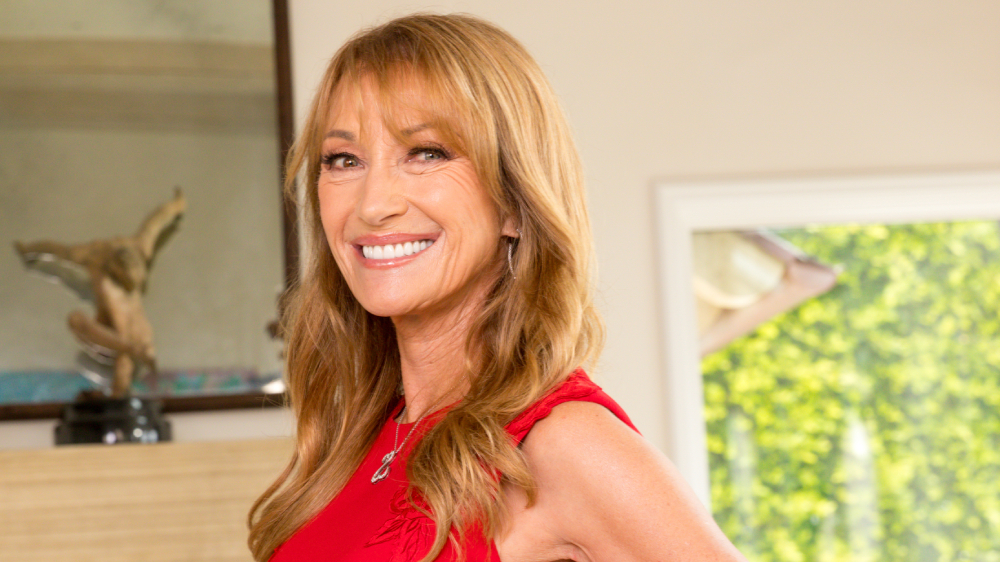Heart health is very personal to Jane Seymour.
Coronary artery disease runs in her family. Seymour’s mother suffered a stroke, and her father underwent valve replacement and quadruple heart bypass surgery. The actress also played a heart transplant patient in the 2002 TV movie Heart of a Stranger. “I’ve seen four open-heart surgeries,” she said of preparing for the role. “When you actually watch the surgery, it’s quite amazing and you see this miracle. While they’re repairing it, you see the actual artery being connected to the machine that’s managing the surgery. It’s like macramé. It’s incredible what they’re doing.”
Seymour, best known for starring in the CBS series “Dr. Quinn, Medicine Woman,” was recently appointed as the American Heart Association’s DRTV (Direct Response Television) ambassador. In AHA’s new national fundraising TV spot, Seymour talks about his parents while encouraging people to support the organization. PSA debuted in the U.S. today
Seymour first worked with the AHA 20 years ago to promote the health benefits of pistachio nuts.
“People need to listen to their bodies and pay attention to their symptoms,” Seymour told me over Zoom video from Ireland, where she is filming the detective comedy-drama series “Harry Wilde.” “When you go to the doctor, the doctor can only deal with what you can tell him. You have to know how to talk to the doctor, and you have to actually pay attention. If the doctor says, ‘Take this medicine at this time every day,’ do it. Don’t think, ‘I’ve been told my joints might hurt.’ Do you want to live for 10 years? I will choose 10 years, thank you very much.”
She points to statistics showing heart disease is the leading cause of death for women. “Most women will say, ‘Oh, I’m so worried about breast cancer and other cancers, but actually I’m much more likely to die from heart disease than from all cancers combined,'” Seymour says. “It’s very important to know that. And it’s important to know that you can do something about it. Your heart can be healthy. You can make good choices in food, exercise, choices. Quit smoking. Get some exercise. Go for a walk. Whatever it is, go for a walk with your dog. Make sure you get some sleep and try to manage your stress.”
“I think there’s a kind of obsession with how we look right now rather than how our bodies are functioning,” she continues. “I think that should be part of the message too. Take care of the machine. This machine, that pump, is what gives you life, so you have to take it seriously.”
A few days before our interview, Seymour’s close friend, producer and assistant director Nicholas Hippisley-Cox passed away. He died of cancer, but his life changed a few years ago when he was diagnosed with severe heart disease. He underwent open-heart surgery, and “I think he had more stents than anyone ever had in his life,” Seymour recalls.
Hippisley-Cox lost about 60 pounds by changing her diet and exercising regularly. “He definitely gave himself at least 10 or 15 years of life that he would have lost if he had kept his current job.”


